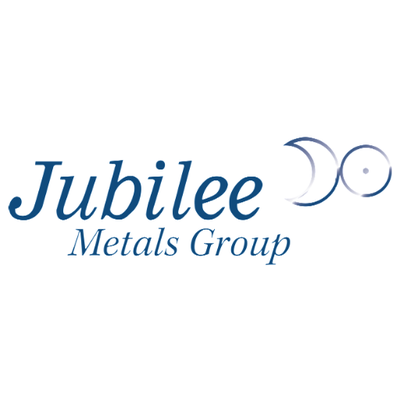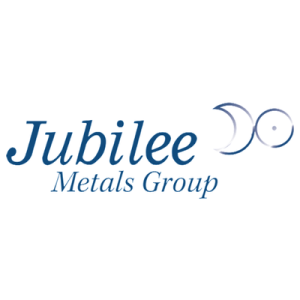In the face of escalating global climate change, urgent action is essential to protect our planet. The United Nations has stressed the need to reduce greenhouse gas emissions by 45% by the end of this decade. Copper emerges as a crucial ally in the quest for a sustainable and eco-friendly future, offering unparalleled advantages in energy efficiency, recyclability, and environmental preservation.
Copper’s exceptional electrical conductivity is vital for the energy transition towards carbon neutrality. It supports grid-greening technologies including renewable power generation, energy storage, and many other essential electrification applications from electric vehicles to transformers and switchgear. Copper conductors enable more efficient electrical systems with lower energy losses for a given current compared to equivalent aluminium conductors, which have higher electrical resistance. The International Copper Association reports that these technologies together have the potential to account for two-thirds of global greenhouse gas emissions abatement by 2050.
As an environmental champion, copper is 100% recyclable and can be recycled repeatedly without any loss of properties, embodying the core principles of a circular economy. Approximately 30% of the world’s annual copper demand is met through recycled copper and copper alloy scrap. Significant investments in several new greenfield secondary smelting and refining operations in the U.S. demonstrate the industry’s commitment to increasing recycling rates and closing the loop. Moreover, many semi-finished copper and copper alloy products, including busbars, flat rolled products, and plumbing tubes, contain considerable amounts of recycled content, typically over 50% by weight. Some product forms, such as brass rod and fire-refined copper wire rod, have even higher levels, with certain product lines containing over 95% and 100% recycled contents respectively.
The ability of semi-fabricators to directly remelt high-quality copper scrap to make new products brings multiple environmental benefits, including energy conservation, reduced greenhouse gas emissions, and the extension of natural resource life. In other metal systems, certain types of pre-consumer scrap must first undergo an energy-intensive smelting and refining step before the material can be remelted and converted into new semi-finished products.
Copper and copper alloys create durable and resilient products and systems that often last for decades, creating a significant lag time before the material becomes available for recycling. Meanwhile, the demand for copper fuelled by electrification continues to surge. Consequently, primary production will continue to play a key role in tandem with increased recycling to meet the world’s increasing copper needs as society transitions to a low-carbon future. Technological progress in mining has a long history, and innovation remains a priority for the copper industry. The modern copper mine bears little resemblance to mines of the past, with decades of innovations working to minimise environmental impact, protect workers, and increase efficiency. The copper industry understands there are challenges to solve, and it is committed to doing so through scaling innovative practices and technological developments.
Copper and copper alloys make pivotal contributions to sustainability where they play a vital role in electric vehicles, solar and wind energy, and emerging applications like carbon capture and storage. This contribution becomes even more apparent in collaborative initiatives such as the partnership between the CDA and the Electric School Bus Coalition, demonstrating the transformative impact of adopting electric buses, with a single bus reducing 54,000 pounds of CO2 emissions annually.
In the pursuit of sustainability and net-zero carbon emissions, copper stands as an essential and critical mineral, blending innovation and resource efficiency. From enhancing energy efficiency to ensuring the reliability of clean energy technologies, copper’s role is indispensable, and the value it delivers to society is realised many times over through established recycling loops. As global demand for green technologies rises, copper remains resilient, poised to support the transition towards a sustainable and efficient future for our planet.
Jubilee Metals Group plc (LON:JLP) is a diversified metal recovery business with a world-class portfolio of projects in South Africa and Zambia. The Company’s expanding multi-project portfolio across South Africa and Zambia provides exposure to a broad commodity basket including Platinum Group Metals, chrome, lead, zinc, vanadium, copper and cobalt.


